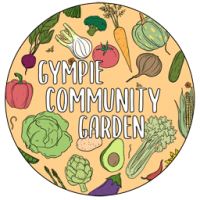The benefits of community gardens for individuals and communities are well known. First, gardens play a significant role in the wellbeing of communities, particularly in an urban context.
‘Research confirms that community gardens can play a significant role in enhancing the physical, emotional and spiritual well-being necessary to build healthy and socially sustainable communities’ (Thompson, Corkery & Judd 2007).
Secondly, community gardens have an impact on real estate values: ‘the opening of a community garden has a statistically significant positive impact on residential properties within [300 metres] of the garden, and that the impact increases over time’ (Been & Voicu 2006).
And thirdly, community gardens transform neglected open spaces: ‘Neglected vacant lots in the modern urban setting pose great hazards to community life. These lots, which host criminal behavior, accumulate trash, and create various health risks, epitomize the frustration and despair nearby residents often feel…Despite the prevalence of vacant land and the reality of urban blight, many communities have been successful in transforming these dangerous urban spaces into thriving community gardens’ (Schukoske, 2000).
Community gardens help people learn how to grow, harvest and prepare organic food. Community gardens let people who don’t have a garden grow their own healthy produce. Experienced members share their knowledge and skills in a fun, sociable and friendly environment.
